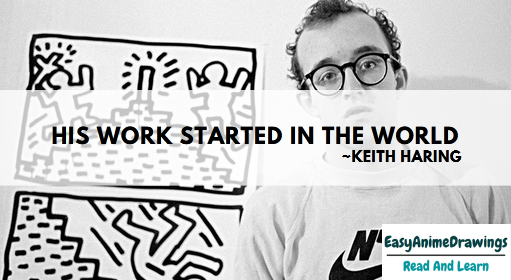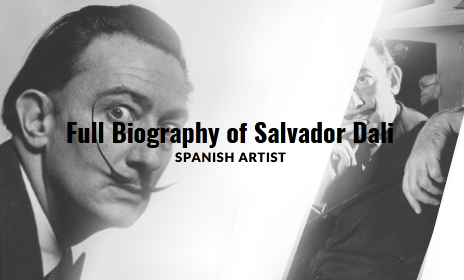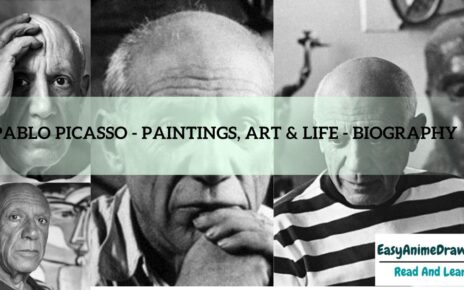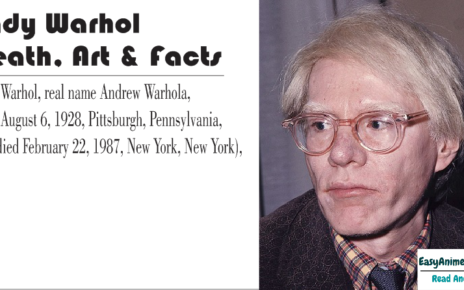Five Things You Should Know About Keith Haring
1.) HIS WORK STARTED IN THE WORLD

Keith Haring was a famous musician and activist who was part of New York’s art scene in the 1980s. Although known for his colorful works and his brilliant portraits as a glittering child and a barking dog, most of his work was in response to the social and political events of the day.
These included the fight against apartheid, AIDS, and drug abuse. As an open-minded gay artist, Haring also chose to represent the plight of the LGBTQ community in his work, which included gay rights.
Inspired by graffiti artists, he began painting at New York railway stations, filling in the blanks of the empty posters with chalk drawings that people went through every day. He aimed to make art accessible to everyone, and these activities allowed him to connect with a diverse audience.
All sorts of people were standing around watching this incredible painting, and many were eager to comment on their feelings about it. It was the first time I had ever seen how many people would enjoy the arts if given a chance.
These were not the people I saw in museums or galleries but were part of humanity that transcended all borders.
Keith Haring
Seeing Haring paintings or watching an artist work on a subway train aroused the excitement and excitement of the community. It also caught the attention of the police. Haring was arrested several times for vandalism.
On more than one occasion, I was taken to a police station and arrested by a police officer who noticed that some of the local police officers were my followers and were eager to meet me and shake my hand.
Keith Haring
2.) HARING HAD A FAMOUS FRIENDSHIP
Living and working in East Village in New York, Keith Haring had a major social networking site, including many artists and performers part of the same underground art scene. This included people like Madonna, Jean-Michel Basquiat, and Andy Warhol, and he often worked with them. With growing recognition and popularity, her collaboration expanded to include other artists, artists, and fashion designers, such as Vivienne Westwood and Malcolm McLaren. Haring’s collaboration with Grace Jones combined art and fashion differently. He painted Grace Jones’ body with his graffiti while playing music and appeared in his music video for I’m Not Perfect (But I’m Perfect For You).
Haring formed a close friendship with Madonna and took Andy Warhol as his only partner when invited to her wedding.
3.) HIS JOB DISTRIBUTES IMPORTANT SOCIAL AND POLITICAL MESSAGES
Although his works of art were always bright and animated, Haring faced challenging topics affecting people in America and around the world. Haring used fascinating slogans to express his point quickly and effectively.
One of his most famous examples is the Crack is Wack mural referring to the crack cocaine epidemic and its effects in New York City. The work was done large enough to see passing cars on nearby roads.
In 1986 Hararing was invited to paint part of the Berlin Wall to ‘paint the wall with paint.’ He painted a vivid, colorful painting using the colors of the German flag, symbolizing the hope of unity between East and West Germany. The work was demolished in 1989 when the wall was demolished. In 1987 he wrote in his diary
… When considered ‘sacred’ and ‘precious,’ I can paint without restriction and feel the interaction of lines and shapes.
I can draw automatically without worrying if it looks ‘good,’ and I can let my movement and my immediate reaction/reaction control the piece, controlling my energy (if there is any control) … It is temporary, and your permanent stay does not matter. Its existence already exists. It can be done forever by the camera.
4.) TRAVEL BROUGHT SWEETNESS AND COLOR TO THE COMMUNITY
Haring loved working with children, praising their imagination, humor, non-discrimination, and encouraging young people to come together to make their artwork together.
In 1986 Haring painted a picture with 900 young people to celebrate the 100th anniversary of the Statue of Liberty. Shown at Liberty Tower in Battery Park City.
Haring often worked with youth-focused charities, and he painted murals at many children’s hospitals, including Necker Children’s Hospital in Paris. Haring wrote in his diary:
I made this drawing for entertaining sick children in this hospital, now and in the future.
Haring had a fun way of working that reflected the content of his work. He listened to hip-hop music while working and painted rhythmic lines to express movement and energy, evident in many of his works.
Paint on a vinyl canvas, something that is often put on the street and used by breakdancers as their playground.
He was so happy – I think people forget that. He used to draw a single stroke while matching the rhythm of whatever he was listening to.
Kenny Scharf, artist, and friend of Keith Haring
5.) SUPPORTED KEITH HARING FOUNDATION
Haring used his stage as an artist to raise awareness about AIDS. He was also diagnosed with the disease in 1988. His poster Ignorance = Fear refers to the challenges that people are living with AIDS face.
He wanted to reach as many people as possible and emphasize the importance of AIDS education.
A year after his diagnosis, Haring founded the Keith Haring Foundation to finance and support AIDS research, charities, and education.
Keith Haring died of AIDS-related complications on 16 February 1990 at 31. The Keith Haring Foundation continues to strive to meet Keith Haring’s aspirations. If you would like to help support the fight against AIDS, visit the Elizabeth Glaser AIDS Foundation (partner of The Keith Haring Foundation) to see what you can do.









amoxiclav tablet – order cymbalta 20mg pill cheap duloxetine 20mg